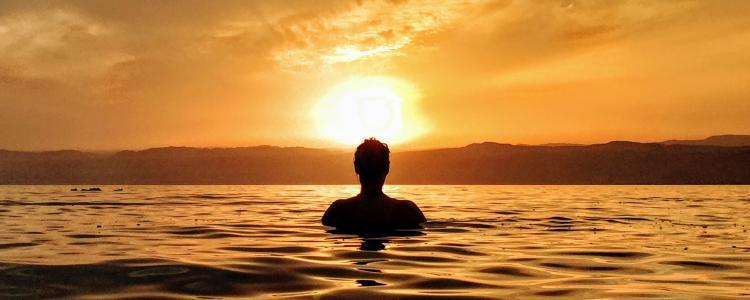So what is it?
In terms of its impact, Schistosomiasis is second to malaria as the most devastating parasitic infection. Schistosomiasis (also known as Bilharzia) is a parasitic disease caused by flatworms. Larval forms of the parasites are released by freshwater snails in untreated water (lakes and rivers). They burrow through the skin of people who are in contacted with the contaminated water.
An infective person will deposit the eggs in their urine or faeces. These hatch in the water and develop into Lavae that infect freshwater snails. One the larvae have grown and multiplied in the snails they penetrate the skin of people washing, swimming or wading in infected water. They make their way to the lungs and liver to mature into adult worms. These worms deposit large volumes of eggs in the blood vessels surrounding the bladder or intestines causing disease. This disease often shows no symptoms so can go undetected for months and years causing serious health problems.
Where is there a risk?
Many countries have known Shistosomiasis. Many countries in the African continent are affected as well as countries in Central and South America. Some countries in Asia including Laos and Cambodia have Schistosomiasis. In Europe it is known to be present in some areas of France.
Most travel-associated cases of Schistosomiasis are contracted in sub-Saharan Africa. Infection is spread in rivers and water sources. High risk areas include: Lake Malawi, Lake Victoria, the Omo River (Ethiopia), the Zambezi River, and the River Nile.
How do you contract it?
Swimming, bathing, wading and undertaking water sporting activities in contaminated freshwater (streams, lakes and rivers). Infection cannot be contracted in saltwater such as the sea. Showering in lodges close by infected lakes is also a potential source of infection as water is often drawn directly from lakes themselves. Wading through streams on walking safaris is also a hazard.
Symptoms
Symptoms include tingling skin, rash, fever, headache, muscle ache, bloody diarrhoea/urine, cough, tiredness, and abdominal pain. These symptoms will usually appear within a few days or weeks after being infected. Some will experience no symptoms at all.
Left untreated, the flatworm eggs can cause chronic illness damaging the bladder, genital organs, kidneys, liver and spleen, heart , lungs and intestines. It can cause irreversible damage and cancer.
Prevention
There is no vaccine or any drug available to prevent infection. Avoid all skin contact with fresh water in countries of risk and avoid engaging in activities in these waters including diving, sailing and windsurfing. Avoid drinking infected water and showering in nearby lodges. Wear waterproof footwear if possible.
Look, don’t swim even if the tour operator claims that it is safe. Lake Malawi is well known for its water sporting activities with people running them insisting that the water is safe. There are many cases of travellers experiencing severe Schistosomiasis infection.
Treatment
Infection should be treated in a specialist infectious disease unit. Praziquantel is the only drug available that will destroy adult worms. A check up on return home is advised to travellers who may have put themselves at risk.


No Comments
Be the first to start a conversation